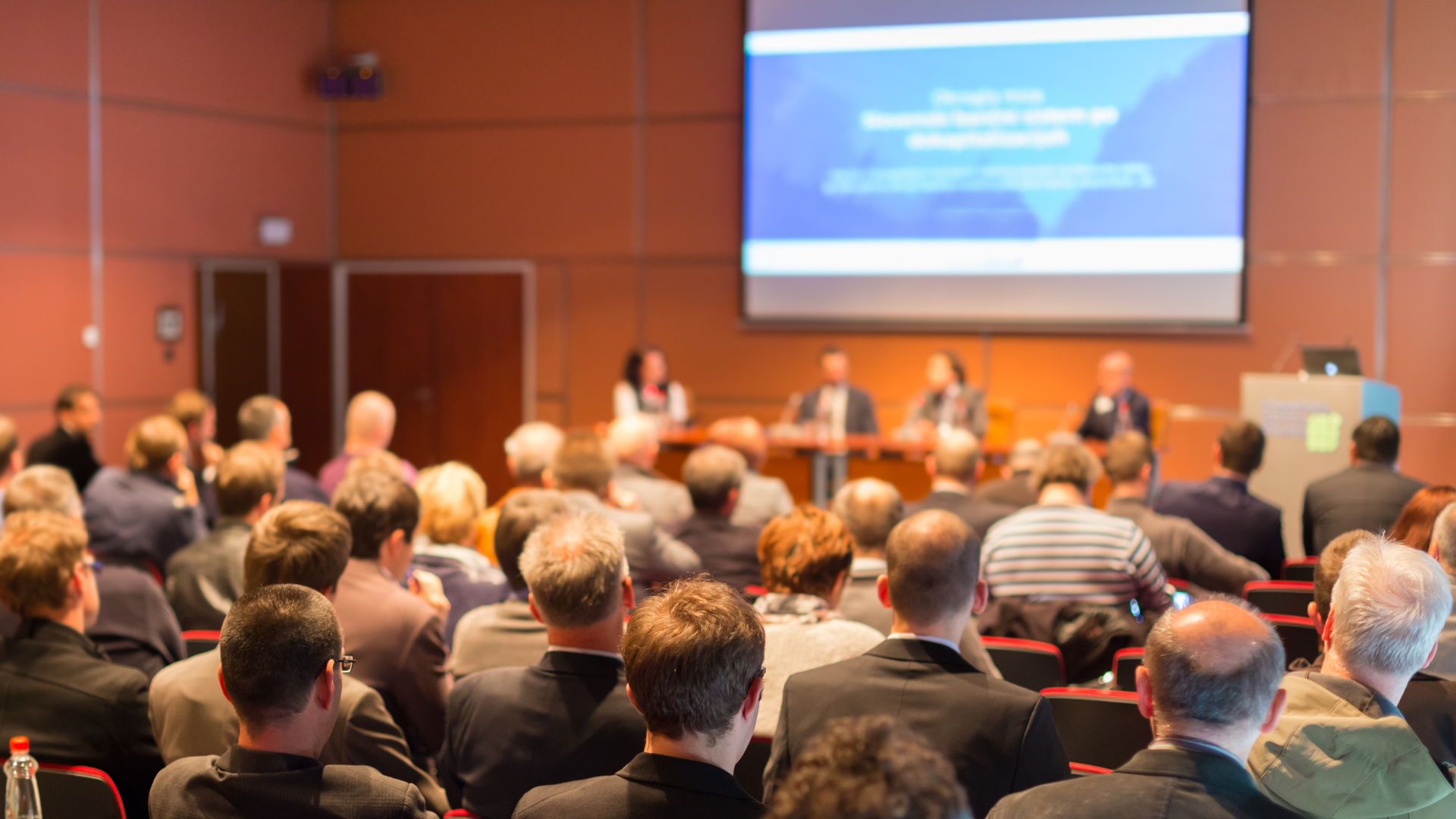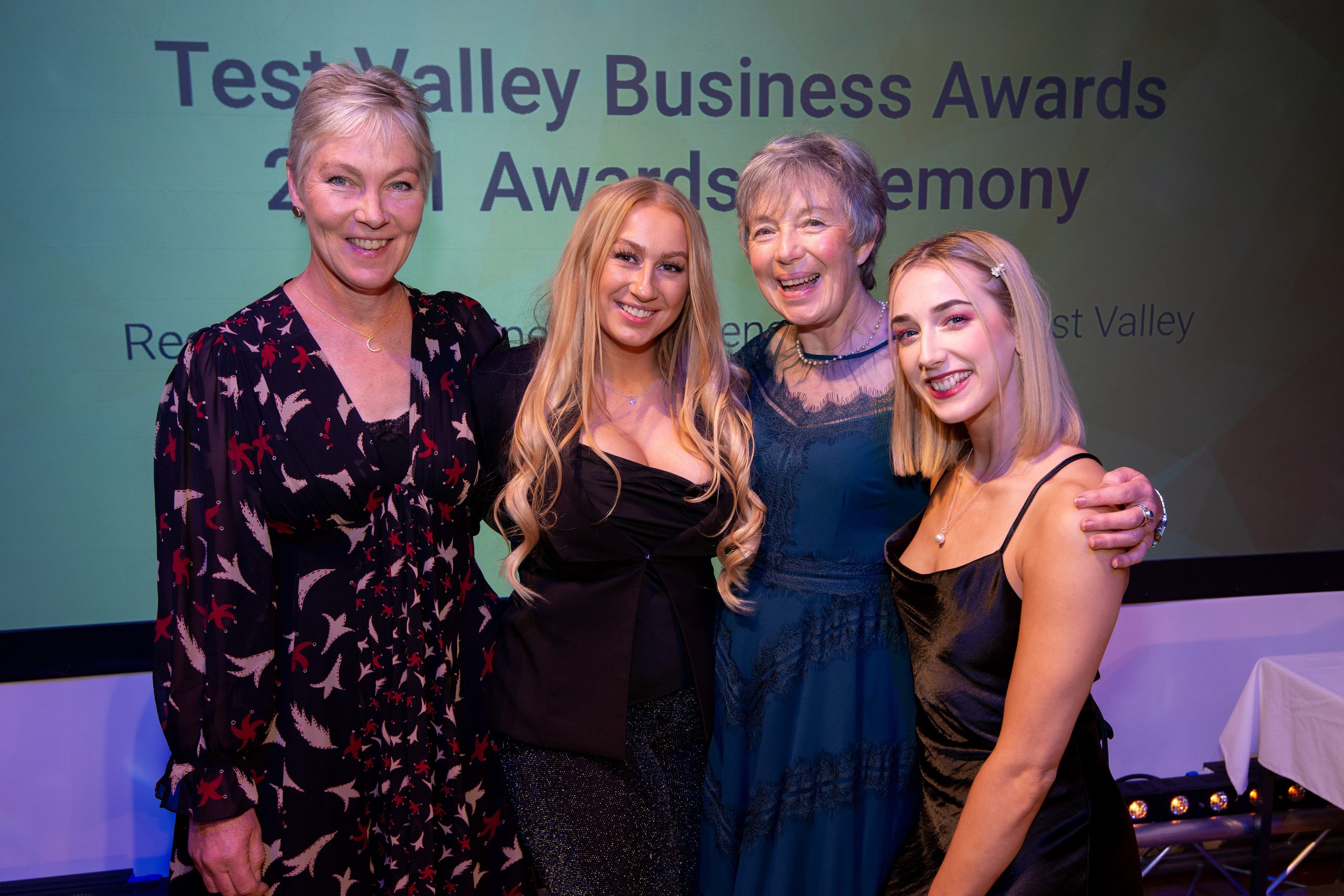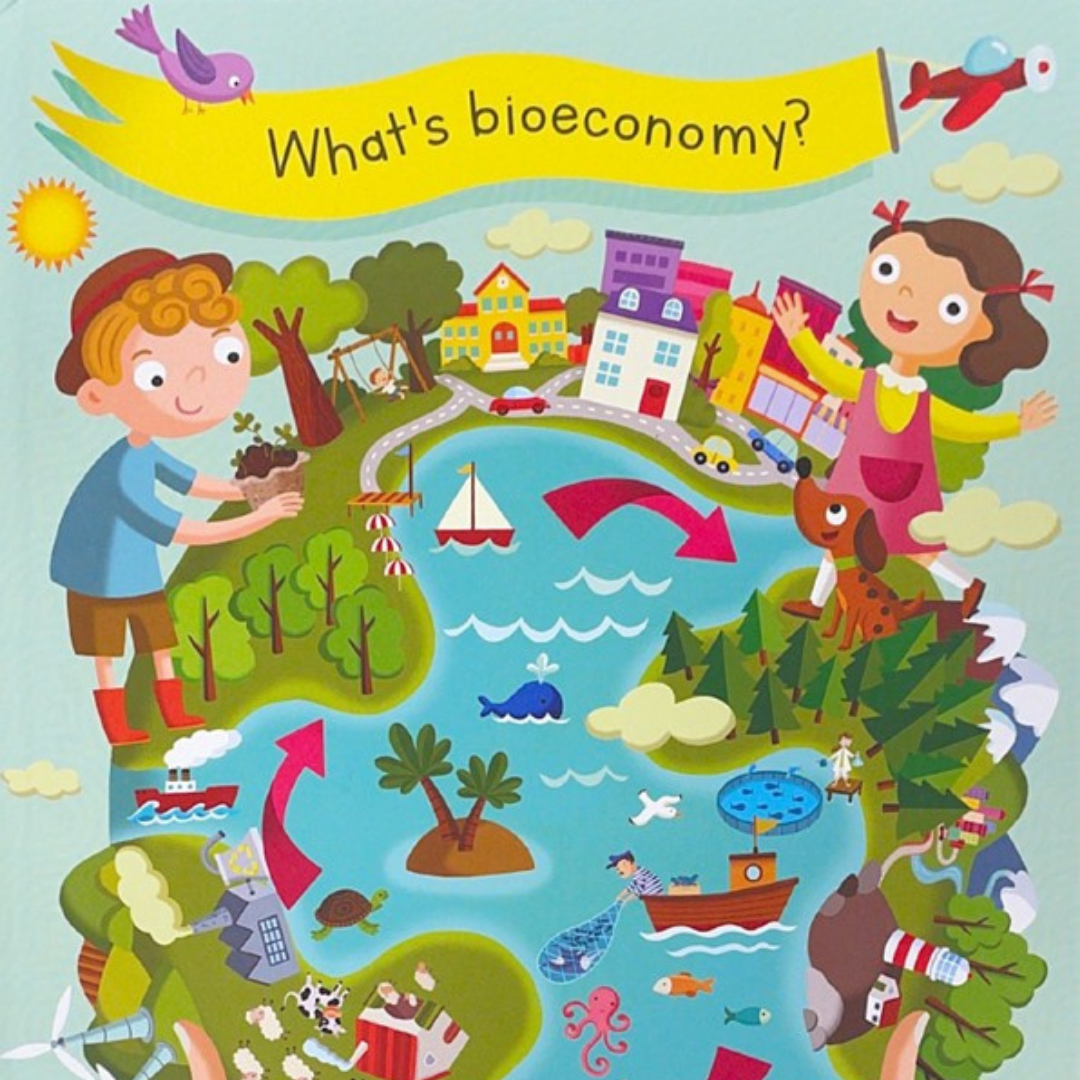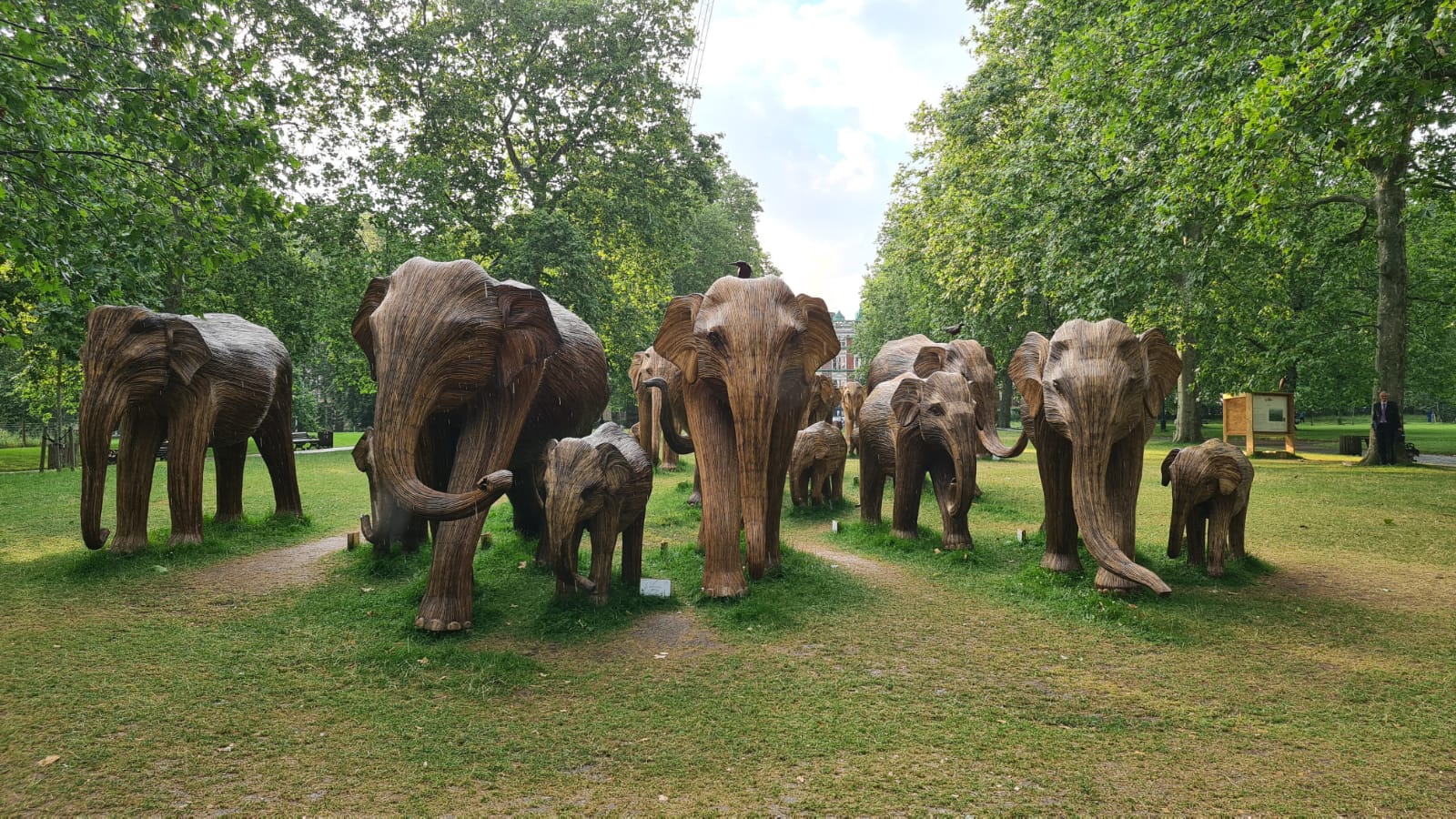A newly published study “How did we do that? The possibility of rapid transition” has shown that humans possess the ability to make rapid societal change when faced with disaster. The study, published by the New Weather Institute and the STEPS Centre funded by the UK’s Economic and Social Research Council, draws from events throughout history to demonstrate that society, when put under pressure by disasters, is capable of making the significant changes needed to alter the world around us.
Andrew Simms and Peter Newell, the two British authors, use historical examples of natural, social and economic disasters to show how these moments of intense pressure bring about radical shifts in society. According to the authors, the economic recession in 1930s America saw positive changes such as a drop in income inequality, improvement in gender equality, a major programme of new public housing, and significant environmental reforms.
In another example, the recent eruption of the Icelandic volcano, Eyjafjallajökull, (had to spell check that one!) brought northern European air traffic to a standstill. This forced businesses and individuals to adapt instantaneously and saw little to no short term effects on anything other than the Icelandic tourist industry! People simply adapted and reduced their reliance on carbon intensive air travel.
Current society is “locked into a high-carbon global economy” by energy-intensive infrastructure, a high-consumption culture, unequal distribution of political power and an economic system that takes growth for granted. This, in combination with various mind-set and attitude barriers, makes it seem near impossible for society as a whole to see a clear way to clean up the mess we currently face. Will it take a major disaster to wake us up? Let’s hope not.
This study proves that society is the ultimate procrastinator. The “why do today what can be done tomorrow” approach is best left for student essays and cleaning cars – society cannot afford to have this blasé attitude when ‘doing today’ will save tomorrow.
The message from this study is clear. History shows that we are more than capable of making radical positive change, so we must push on with socially progressive, rapid transitions before disaster strikes and before we are forced into action by catastrophic conditions.
Step forward Bioeconomy Researchers and their projects – their time is now!
See the study here – https://www.newweather.org/wp-content/uploads/2017/04/How_Did_We_Do_That_WEB.pdf
See the Climate News Network article here – http://mailchi.mp/climatenewsnetwork/humans-better-at-rapid-change-than-we-think?e=f815e1e972
See the New Weather blog here – https://www.newweather.org/2017/04/24/new-study-how-did-we-do-that-the-possibility-of-rapid-transition/









